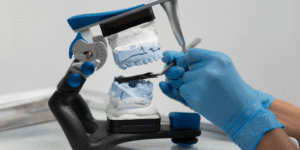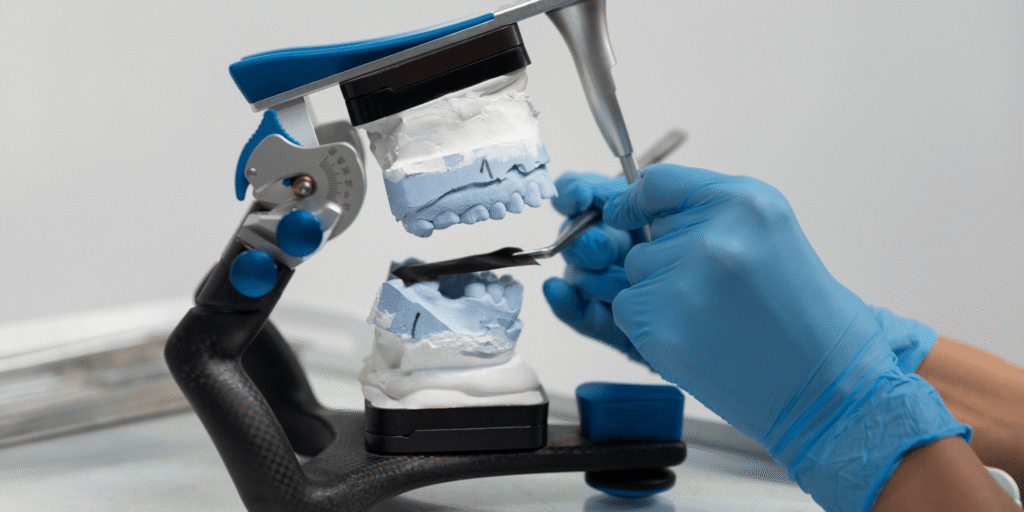
Wisdom teeth, also known as third molars, are the last set of teeth to appear—usually between the ages of 17 and 25. While some people never experience issues, for many, these teeth can become problematic and may need to be removed.
At Jrchaudhary Hospital, we’re here to guide you through everything you need to know about wisdom teeth removal—when it’s needed, what the procedure involves, and how recovery works.
Why Do Wisdom Teeth Need to Be Removed?
Wisdom teeth are often removed when they don’t have enough space to grow properly, leading to impaction. Impacted wisdom teeth can grow at awkward angles, press against other teeth, or get trapped within the jawbone or gums. This can cause:
-
Pain and swelling
-
Infection or gum disease
-
Damage to nearby teeth
-
Cysts or jawbone damage
-
Difficulty cleaning, leading to tooth decay
Signs You May Need Wisdom Teeth Removal
If you experience any of the following, you should consult a dental specialist:
-
Persistent pain or pressure at the back of your mouth
-
Swelling or redness in the gums
-
Difficulty opening your mouth
-
Bad breath or an unpleasant taste
-
Headaches or earaches
Regular dental checkups and X-rays can help detect wisdom tooth problems early.
The Procedure: What to Expect
Wisdom tooth removal is a common and safe dental procedure performed under local or general anesthesia, depending on the complexity and your comfort level.
Here’s how the procedure works:
-
Examination & Imaging: X-rays will determine the position and condition of the teeth.
-
Anesthesia: You’ll receive local anesthesia, sedation, or general anesthesia.
-
Tooth Removal: The dentist or oral surgeon makes an incision, removes the tooth, and closes the area with stitches if needed.
-
Post-Procedure Monitoring: You’ll rest until the anesthesia wears off and receive aftercare instructions.
Recovery and Aftercare Tips
Recovery typically takes 3–7 days. Some swelling, mild bleeding, and discomfort are normal.
Tips for a smooth recovery:
-
Apply an ice pack to reduce swelling.
-
Take prescribed pain medications as directed.
-
Eat soft foods (soups, yogurts, mashed potatoes) and stay hydrated.
-
Avoid using straws, smoking, or spitting, which can dislodge the clot.
-
Maintain oral hygiene gently to avoid infection.
Most people return to normal activities within a few days, though complete healing can take a few weeks.
Is Wisdom Teeth Removal Right for You?
If your wisdom teeth are causing pain, misalignment, or other oral health issues, early removal may prevent future complications. At Jrchaudhary Hospital, our dental experts provide a detailed evaluation and a safe, comfortable experience from consultation to recovery.
📍 Contact Us:
-
Hospital Name: Jrchaudhary Hospital
-
Phone: +91 8505877877
-
Website: www.jrchaudharyhospital.com
Let us help you protect your smile—schedule your wisdom teeth consultation today!



